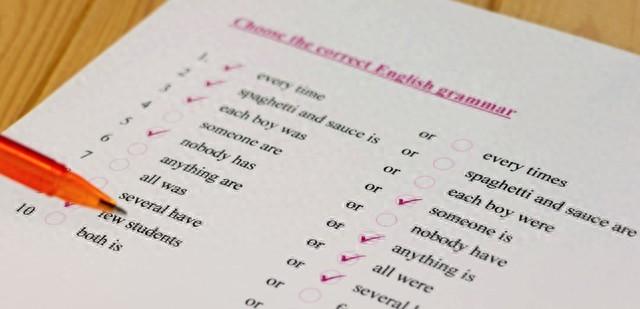在英语中,"difference" 和 "distinction" 都是用于表示两个或多个事物之间的差异或不同之处的词汇。不过,它们在使用和语义上有一些细微的区别。

区别的使用场景: "Difference" 是一个更加通用且常见的词,用于描述两个或多个事物之间的区别或差异。这种区别可以是在各种方面,如特征、品质、性质、性格、大小、形状等。例如:
There is a noticeable difference in height between the two basketball players. (两位篮球运动员的身高存在明显的差异。)What's the difference between these two cars? (这两辆汽车之间有什么区别?)区分的使用场景: "Distinction" 在使用上有一些特殊的指向性,它强调某一特定方面或关系的差异。它常用于指出某一点使得一个事物与其他事物不同。例如:
He won several awards that set him apart and made a distinction among his peers. (他获得了几个奖项,使得他在同龄人中与众不同。)The distinction between art and science is not always clear-cut. (艺术和科学之间的区别并不总是十分明确。)
词义延伸: 除了字面意义上的差异之外,"distinction" 还可以表示其他方面的区别。例如:
Being a gentleman is not about wealth or social status, but about behaviour and distinction. (绅士不仅仅取决于财富或社会地位,更关乎行为和气质的不同。)The professor made the distinction between theory and practice clear to his students. (教授向学生们清楚地阐明了理论与实践之间的区别。)
尽管 "difference" 和 "distinction" 在某些情况下可以用来表示相同的含义,但它们在使用和语义上还是有一些区别的。"Difference" 是一个更加通用和常见的词,强调任意方面的差异。而 "distinction" 则强调某个特定方面的差异,以及使得一个事物与其他事物不同的因素。








